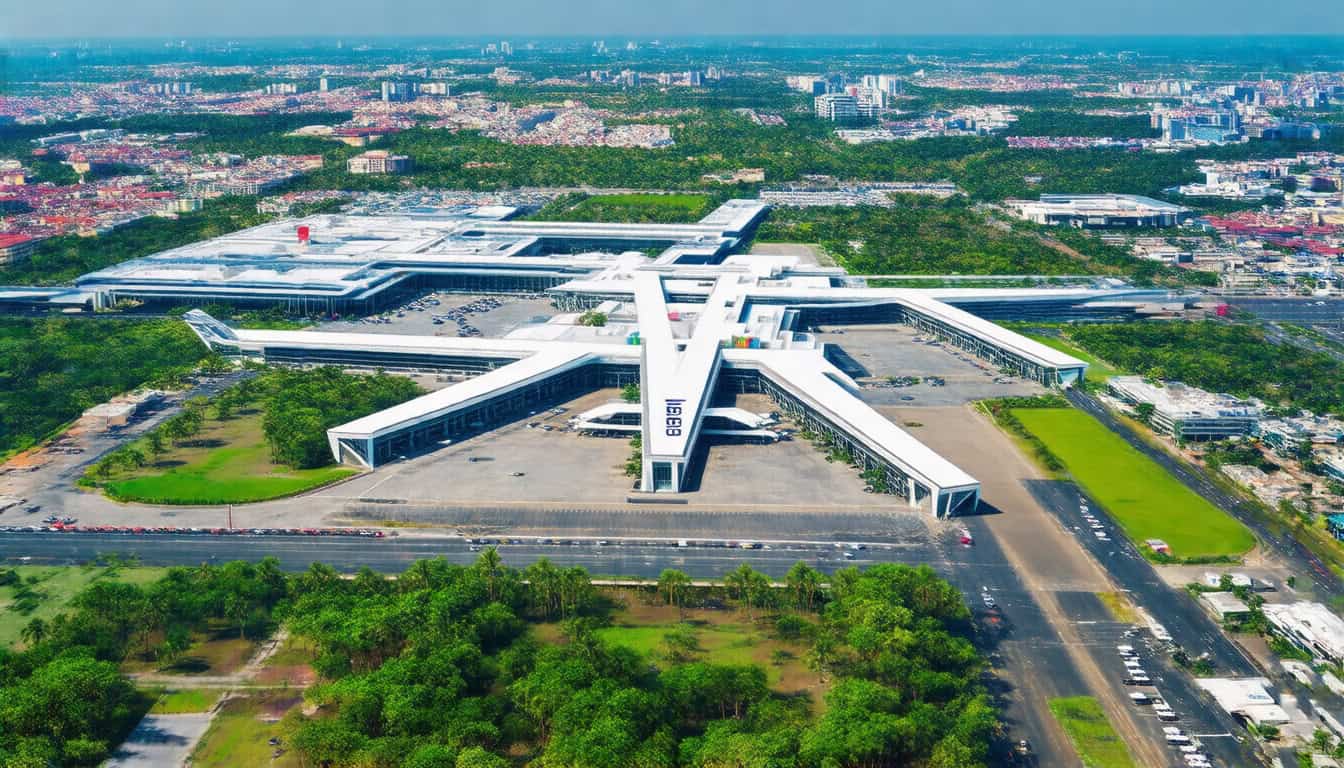You’ve worked your whole life, paid off your mortgage, paid your taxes, and now it’s time to retire. Your dream was warm weather, low stress, and a decent view without disturbances from neighbors. But the cozy retirement towns you once admired are changing quickly. Gentrification, rising costs, and sweeping demographic changes are making it harder for many retirees to stay put. This article explores ten U.S. cities where retirees are finding it tough to afford life or feel welcome, forcing some to relocate in search of a more manageable and peaceful retirement.
- Sarasota, Florida
Sarasota has long been considered a paradise for retirees. It offers sunny beaches, a pace of life suited to early risers, and world-class healthcare. However, housing costs have soared over recent years. Average home prices climbed beyond $400,000, and flood insurance costs have surged. The city’s popularity with remote workers and affluent seasonal residents is driving property values higher. Retirees with fixed incomes now face tough choices—either pay much more to cover insurance or move inland to areas less vulnerable to storms.
Hurricanes have become more frequent in Florida, and insurance companies are pulling back from the region. This shift raises insurance premiums sharply, squeezing retirees’ budgets. Between 2020 and mid-2025, average home values in Sarasota jumped by about $154,000. With costs rising beyond many retirees’ means, Sarasota’s reputation as a retirement haven is showing signs of strain.
- Asheville, North Carolina
Asheville was once a quiet retreat in the Blue Ridge Mountains, favored by retirees for its artsy vibe, mild climate, and walkable downtown. It offered community and culture without breaking the bank. That changed over the past decade. An influx of remote workers, vacation homeowners, and younger retirees with deep pockets pushed home prices upward, making it harder for longtime residents to remain.
Despite some recent setbacks from a hurricane, Asheville’s real estate market has rebounded, with prices increasing nearly $165,000 from 2020 to 2025 on average. Competition for affordable housing and healthcare growth pressures have pushed some retirees to smaller nearby towns or even out of state. While still appealing, the economic pressures mean the slower lifestyle many sought in Asheville is harder to find.
- Santa Fe, New Mexico
Santa Fe has attracted retirees drawn to its culture, art scene, dry climate, and historic charm. It used to offer an affordable, peaceful retirement escape. Now, rising home prices and property taxes challenge many seniors’ budgets. Limited housing stock and strict zoning have constrained supply while steady demand from second-home buyers and investors grows.
Healthcare access remains more limited than in larger cities, increasing challenges for older residents. Between 2020 and 2025, average home values jumped by nearly $170,000. Some retirees are moving to more affordable communities in southern New Mexico or Arizona. Santa Fe’s unique adobe dream remains, but the price tag continues to climb.
- Nashville, Tennessee
Nashville was a top spot for retirees thanks to mild winters, low taxes, and a vibrant music scene. In recent years, though, the city has grown rapidly. The influx of new residents has pushed home prices beyond $550,000 on average. Property taxes and rents have also surged. Increasing traffic congestion and rising crime rates in some areas add to concerns.
Healthcare quality in Nashville is good, but the rapid growth means resources stretch thin. Retirees with fixed incomes are finding it harder to manage rising costs and access timely care. Some are moving to quieter parts of Tennessee or other states offering affordability and peace. Between 2020 and 2025, Nashville’s average home value increased by about $170,000, reflecting the high demand crowding out many seniors.
- South Florida
South Florida, especially the Miami metro area, once promised to be a top retirement destination. However, it has become less welcoming in recent years. Condo insurance premiums have soared, partly due to the tragic Surfside condo collapse that killed 98 people. This event prompted stricter building codes and costly renovations on many buildings.
Retirees face steep maintenance fee hikes and expensive special assessments to fund safety upgrades. These added costs make condo living increasingly unaffordable for many seniors on fixed incomes. Affecting communities across Broward, Miami-Dade, and Palm Beach counties, these financial pressures push some retirees to seek housing elsewhere. The dream of a worry-free beach retirement now often comes with a high price tag.
- Austin, Texas
Austin has drawn retirees for its mild climate, cultural amenities, and no state income tax. Yet rapid growth and a booming tech scene have driven housing costs sky-high. Home prices continue to rise, leaving fixed-income seniors struggling to find affordable options.
The influx of younger, wealthier arrivals has also changed the city’s character, making some retirees feel out of place. Healthcare services are expanding but have not kept pace fully with the population spike. These factors combine to make Austin less of a retirement oasis than it once was.
- Los Angeles, California
Los Angeles has long attracted retirees seeking warm weather and cultural opportunities. Now, the high cost of living makes it difficult for many seniors to remain. Skyrocketing home prices and rents, coupled with steep property taxes, strain fixed incomes.
Access to quality healthcare exists, but expenses for housing and everyday living remain a challenge. Traffic congestion and pollution add extra stress. Many retirees have moved away or downsized significantly. The city’s appeal remains, but affordability is slipping fast.
- Seattle, Washington
Seattle’s natural beauty and mild climate make it a desirable retirement spot. However, the tech industry boom has fueled rising housing costs, pushing many seniors out. Home prices have more than doubled in some areas, creating an affordability crisis for retirees.
Limited rental markets and rising property taxes add to pressure. Public services for seniors struggle to expand fast enough. These issues mean many retirees must look outside the city or state in search of a more affordable lifestyle.
- Denver, Colorado
Denver’s mountain views and outdoor lifestyle attract retirees, but demand has driven housing prices upward sharply in recent years. Limited housing supply, especially affordable units, has made it hard for many seniors to remain.
Healthcare infrastructure is robust, but the city’s rapid growth creates competition for resources. Rising costs for property taxes, home maintenance, and living expenses add to retirees’ burdens. Some are relocating to smaller towns nearby or states with lower costs.
- Portland, Oregon
Portland has a reputation for progressive culture and natural beauty appealing to retirees. However, rising home prices, rents, and property taxes—fueled by an influx of younger residents and tech workers—have strained seniors financially.
The city’s infrastructure is stressed, and some neighborhoods have seen higher crime rates. Healthcare access is good but can be impacted by demand surges. Many retirees are moving to quieter, less expensive communities in Oregon or neighboring states.
These cities highlight a broader trend: rising costs of housing, insurance, and taxes combined with demographic shifts are making it harder for many retirees to stay in once-affordable and welcoming places. Retirees often live on fixed incomes and require stable access to healthcare and community resources. When costs rise rapidly or infrastructure strains under new demand, seniors face tough choices—stay and struggle, downsize, or relocate altogether.
Retirement dreams of warm weather, vibrant culture, and peaceful neighborhoods sometimes give way to the reality of changing demographics and economic pressures. For many, this means reevaluating where to retire and how to maintain a quality of life that matches their needs and budgets. The search for affordable, welcoming retirement communities continues amid these shifting landscapes.






